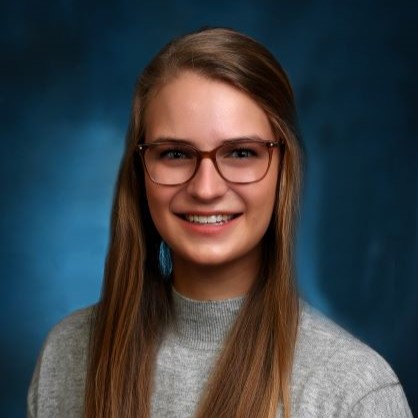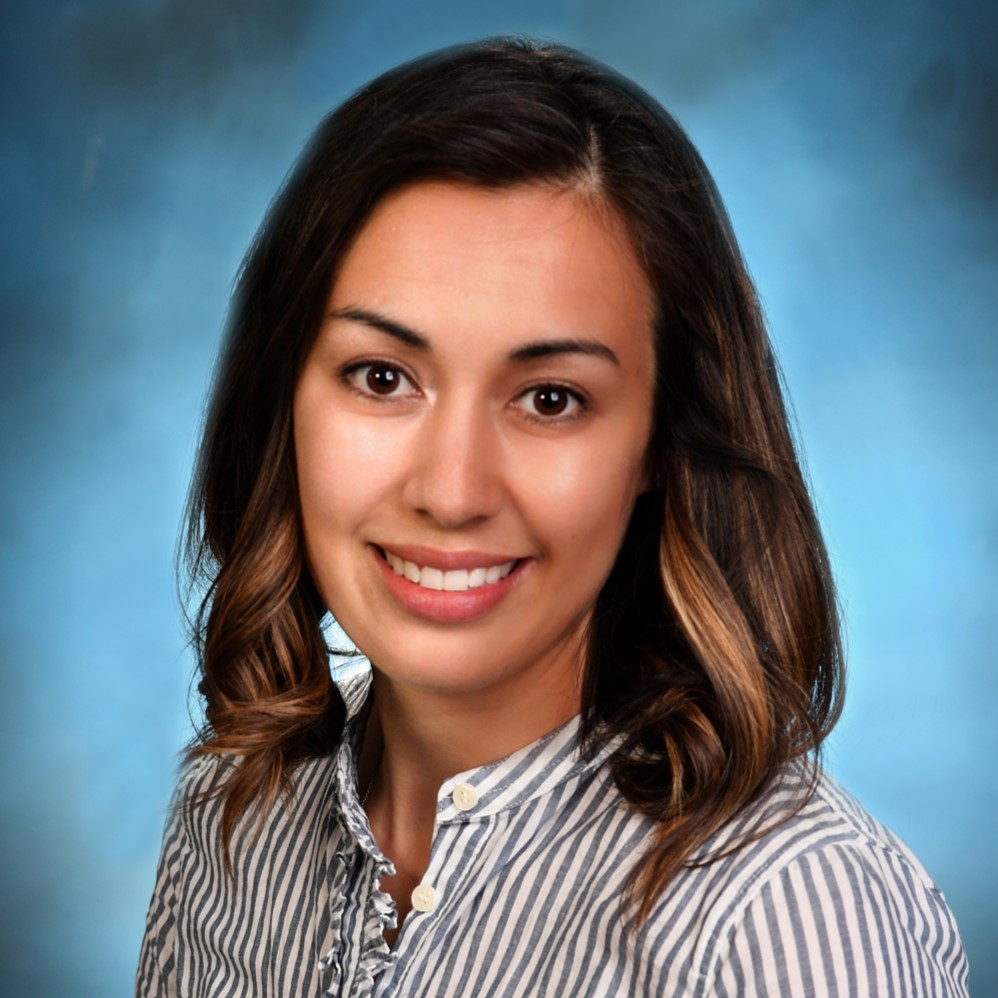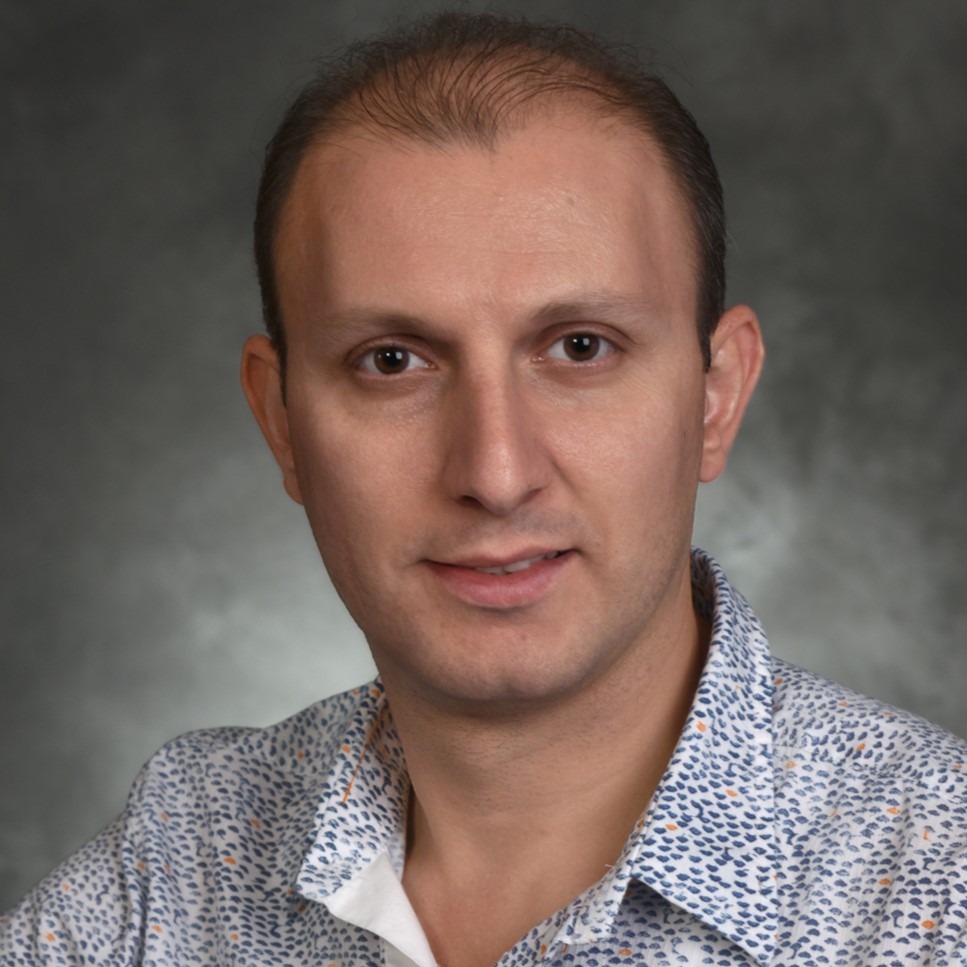Neonatal-Perinatal (NICU) Residency Program
Welcome to the Neonatal-Perinatal Residency Program at the University of Alberta.
~29,000
DELIVERIES PER YEAR
87 BEDS
ACROSS THE PHILIP C. ETCHES NICU AT THE ROYAL ALEXANDRA HOSPITAL AND THE DAVID SCHIFF NICU AT THE UNIVERSITY OF ALBERTA HOSPITAL
OVER 900
ACTIVE TRANSPORTS PER YEAR
Interview/CARMS Specific Information
See full detail of the interview and panel selection process on our Program description at carms.ca.
Interviews will be done via Zoom, and will last 30 – 45 minutes. We will also coordinate virtual meetings with members of our program and tours of our learning sites.
Applicants offered an interview will be assessed for knowledge, skills, and aptitudes with respect to domains of medical expert, communicator, collaborator, leader, health advocate, scholar, and professional (see Interview Assessment).
The interview will be conducted by an interview panel consisting of the program director, a neonatologist, neonatal-perinatal medicine trainee, nurse practitioner, and parent of child who had been cared for in the neonatal intensive care. A standardized set of questions including situational and behavioral questions will be included.
- Example situational question: Imagine that you are on your morning rounds when a colleague describes a difficult case that you and another trainee worked on earlier in the week and compliments your handling of the difficult situation. In doing so, she gives you sole credit and fails to mention that your colleague played a major role. What would you do?
- Example behavioral question: Please describe a time when you observed a member of the medical team that you were working with behave in a manner that was inconsistent with an established protocol. Explain what the situation was, what actions you took, and the outcome.
Contact Us
Neonatal Intensive Care Unit
DTC 5027
10240 Kingsway Ave NW
Edmonton, Alberta, T5H 3V9
(780) 735-5179
Fax: (780) 735-4072
Email: pedsneo@ualberta.ca
Dr. Sylvie Cormier
Program Director
sylvie2@ualberta.ca
Offie: (780) 407-1890
Melissa Meaver
Program Administrator
Email: pedsneo@ualberta.ca
Phone: (780) 735-5179
Fax: (780) 735-4072

Dr. Sylvie Cormier
Program Director
Melissa Meaver
Program Administrator
Welcome to Our Program
Welcome to Neonatal-Perinatal Care (NICU)!
Together the University of Alberta Division of Neonatal-Perinatal Care and Alberta Health Services Northern Alberta Neonatal Program offers a two-year subspecialty residency training program in Neonatal-Perinatal Care. The program is fully accredited by the Royal College of Physicians and Surgeons of Canada and is open to trainees from Pediatrics. The program prepares the resident to practice as a consultant neonatologist for infants needing hospital care for issues related to prematurity, congenital anomalies, and transitional problems. The resident gains exposure to specialized surgical and cardiovascular services.
The Northern Alberta Neonatal Program accepts referrals from northern Alberta, northern British Columbia, Saskatchewan, Yukon, Northwest Territories and Nunavut. There are over 29,000 deliveries per year in this catchment area and 3,000 admissions annually to the program's five clinical sites. Each year more than 900 newborns from outside the region are transferred, by ground or air, by a specialized neonatal transport team. We strive to provide a rich and supportive training environment for academic neonatology with strong programs in resuscitation research, newborn individualized developmental care and assessment (NIDCAP), perinatal ethics, medical education, infant development and follow-up, metasynthesis and evidence-based medicine, targeted neonatal echocardiography, and quality improvement.
Dr. Sylvie Cormier
Program Director
Our Program
The Neonatal-Perinatal Medicine Residency Program provides trainees the opportunity to learn and practice knowledge, skills and attitudes needed to provide state of the art neonatal care both in the premature and surgical (including cardiac) neonatal population.
Broad experiences also encompass transport medicine, perinatology and neurodevelopmental follow up with a well supported research/academic pursuit component. This is a core two-year subspecialty training program with an optional third year.
The program is based out of the two tertiary neonatal units of the Philip C. Etches NICU at the Royal Alexandra Hospital (RAH) and the David Schiff NICU at the University of Alberta Hospital site (UAH), and the two Level 2 NICUs at the Grey Nuns (GNH) and Misericordia (MIS) hospitals.
Program Highlights

A large encatchment area resulting in a large number of admissions and broad range of clinical problems to provide comprehensive training in neonatology.



A rich research environment for residents with recognized leaders in the fields of bronchopulmonary dysplasia, cardiovascular effects of hypoxic-reoxygenation injury, NIDCAP, and neurodevelopmental follow-up of complex therapies.

State of the art NICU Practices - nitric oxide, high frequency, oscillatory ventilation, affiliated ECMO program.

In addition to an established rotating two year CanMEDS curriculum during a protected academic half-day, residents may attend seminars/rounds in neonatal medicine, perinatology, neurodevelopment, and cardiovascular care.
Residency at a Glance
Program length of training does not exceed the Royal College or College of Family Physicians of Canada standard.
The Neonatal-Perinatal Medicine Residency program is a two-year program that fulfills the Royal College of Physicians and Surgeons of Canada requirements for training. Our program transitioned to Competence-by-Design (CBD) in July 2021.
There is an encompassing established 2-year cycling curriculum that occurs during protected academic half day followed by an afternoon of NICU grand rounds. CanMEDS competencies and academic Neonatology are integrated, as well as a developed leadership course, research curriculum/project review, self-directed reading with Critical Article Series (CAS) for exam preparation, practice OSCEs, and simulated emergent care scenarios with debriefing.
Our curriculum includes the following experiences:
Teaching Hospitals
We are a fully accredited program that follows the guidelines set out by the Royal College of Physicians and Surgeons of Canada.
- University of Alberta Hospital - Primary Level 3 surgical and cardiovascular training site
- Royal Alexandra Hospital - Primary Level 3 training site with high-risk perinatal services
- Glenrose Rehabilitation Hospital - Neonatal and Infant Follow-up Clinic
- Grey Nuns Community Hospital - Level 2B
- Misericordia Community Hospital - Level 2A
Program Supports
Our primary aim is to support the training of physicians to obtain the requisite competencies in Neonatal-Perinatal Medicine to function as Consultant Neonatologists as defined by the Royal College of Physicians & Surgeons of Canada. We hope that graduates from our program go on to support the provision of clinical neonatal care within or outside of Canada as well as develop the specialty of Neonatal-Perinatal Medicine in such domains as research, medical education, and/or quality improvement.
- There are resources and supports to promote success in research or an academic pursuit for those residents who show an aptitude including an established working relationship with the Clinical Investigator Program and various master's programs.
- An active simulation and brief/debriefing program.
- A mentorship program.
- An annual weekend resident retreat and sponsored time/finances to attend at least one conference/year.
- In a protected academic half day each week, residents will go through a comprehensive two year academic curriculum encompassing all medical and non medical aspects of neonatology to promote the development of a knowledgeable and well rounded neonatologist. It is taught by neonatologists and specialists in the area including physiology, EBM journal clubs, case reviews, exam preparation, leadership and conflict resolution skills, ethics, to name a few.
- There are 30 Neonatologists in the Program with interests in Clinical and Basic Research, Education, Epidemiology, Quality Assurance, Simulation and Neurodevelopmental Follow-up.
- Financial and time support for residents to take a relevant university course, a research methodology course, attend at least one conference/year and an annual resident retreat.
Trainee Testimonials
We asked our trainees to tell us some of the highlights from their program. Here is what a few of them had to say:

I had the chance to join the clinical investigator program (CIP) during my Neonatal-Perinatal medicine fellowship. I participated in cutting edge resuscitation research alongside world renowned researchers. I was supported by the department of pediatrics in completing my combined fellowship Masters degree. I received career planning support, one on one mentoring, and funding to present at an international conference.

I had an excellent experience training in the Neonatal-Perinatal Medicine Program at the University of Alberta. The program offers strong mentorship, hands-on procedural training, and research and teaching opportunities.
The program director was very supportive of each trainee's career goals. Our fantastic program administrator kept the program organized, with weekly Academic days and being call-protected the day before to ensure trainees attended their teaching sessions.
Another unique aspect of this program is the extensive exposure to neonatal cardiac cases, as Edmonton is a major referral center. This experience sets this program apart from many others in Canada. By the time I completed my training, I felt confident and well-prepared for independent practice, and this has been reflected in my work back home in Kuwait. I'm grateful for my time in the program and highly recommend it to anyone seeking comprehensive neonatal training.

Moving to Edmonton to pursue my Neonatal Perinatal Medicine fellowship at the University of Alberta was a leap of faith for me. Having grown up in Ontario I never expected to move to the prairies but even during my interview process I truly felt a sense of warmth, welcoming and genuine excitement towards neonatology that inspired me. Every time I come to work I am still able to experience this from the people I get to work with. The NICU program is filled with people who are supportive of your training and root for you to become the best neonatologist you can be. You have the opportunity to learn from a large group of neonatologists with very diverse interests, neonatal NPs with unmatched procedural skills and many RN and RTs who help you through the busiest shifts. Between the multiple level 3 and level 2 sites, the high volume of high acuity patients allows trainees to always feel challenged with new and unique cases while building confidence in managing more “bread and butter” NICU patients. Unique to the Edmonton program, trainees have exposure to babies with complex cardiac pathologies in addition to other surgical diagnoses.
The fellowship program is always supportive of trainees based on their individual interests and career goals. I feel very comfortable reaching out to the program director and administrative team with questions and have always been met with understanding and an eagerness to listen and help. During the busy and stressful parts of fellowship, I am very thankful to have had the people in my program in my corner. Training in Edmonton has not only allowed me to develop the skills and knowledge to become a neonatologist, but also given me lots of wonderful memories of times spent with co-workers, who I now call friends.

The Neonatal-Perinatal Medicine program at the University of Alberta provides comprehensive, in-depth and supportive training in Neonatology. Edmonton’s wide catchment area and range of services allows for exposure to a large volume of high-acuity patients, experience with cardiac pathology, and plenty of opportunity for procedural skills. This depth and breadth of clinical exposure is provided by rotations through two separate large Level 3 Units, one a high-risk perinatal centre, and the other a surgical NICU that also serves as the referral cardiac centre for Western Canada. Trainees are well supported by the staff on service and on call, and have the opportunity to work with and learn from an excellent multidisciplinary team of neonatologists, neonatal nurse practitioners, nurses, respiratory therapists, dieticians, pharmacists and social workers.
Despite our busy schedule, the trainee group in Edmonton is incredibly close-knit and the support and friendship we provide each other is crucial during the sometimes stressful times of fellowship. As a group of Neonatal Perinatal Medicine trainees, we consider ourselves lucky to be training in Edmonton and are honoured to be part of this program

I had the benefit of completing my Pediatric Residency at the UofA and as a result, became well aware of the incredible NICU program in Edmonton. What drew me to NICU initially were the people, members of the multidisciplinary team respect and help one another. I am pursuing my Masters of Pediatrics through the Clinical Investigators Program. The NICU program quickly adapted my clinical schedule so that my academic work could be completed. The CIP program has offered an added layer of mentorship for my academic and career goals. I would recommend this program to anyone keen to develop and foster clinical research skills.
I cannot say enough about Dr. Sylvie Cormier, our program director. She is always prompt to reply to emails, has the fellows' best interests in mind with all decisions and recently, has helped me navigate exceedingly difficult life circumstances . The absolute cherry on top is the neonatal medicine we are exposed to. Our surgical NICU has moved into a stunningly gorgeous new space and continues to challenge me with the patient complexity that exists there. I feel honoured to work alongside friends and mentors in this program.

Choosing University of Alberta, among many others to continue my education in neonatal hemodynamics & targeted neonatal echocardiography (TnEcho) was the best choice I could make to pursue my goals and aspirations. The curriculum created during the training was challenging yet rewarding. The skills and knowledge I have gained helped me immensely to develop a comprehensive understanding of neonatal cardiovascular physiology and hemodynamics, and to apply TnEcho methodology in the setting of clinical decision-making in NICU.
My involvement in research was also one of the most valuable elements of the training. This great learning experience was achieved with the great support of program supervisors and mentors. Through constructive feedback and constant counseling, the team helped me to develop goals, explore different learning opportunities, individualize my training and build a professional network. I do feel confident that the knowledge and practical skills I gained will positively influence my future and make me a better neonatologist.
